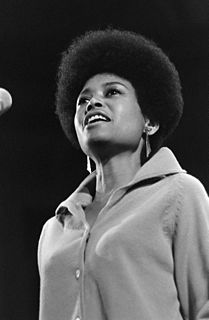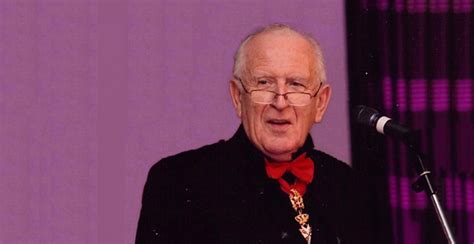A Quote by Gwendolyn Brooks
Be yourself. Don't imitate other poets. You are as important as they are.
Related Quotes
The characteristic of the first sort of religion is imitation. It insists on imitation: imitate Buddha, imitate Christ, imitate Mahavir, but imitate. Imitate somebody. Don`t be yourself, be somebody else. And if you are very stubborn you can force yourself to be somebody else. You will never be somebody else. Deep down you cannot be. You will remain yourself, but you can force so much that you almost start looking like somebody else.
I could sum it up in one thing: A guy has to be what he is. He's got to coach and have a philosophy based on his own personality. You see too many coaches trying to imitate other coaches, trying to be someone else. It's all right to emulate the qualities of good coaches but I don't think you should imitate. You've got to be yourself.
One of the surest tests of the superiority or inferiority of a poet is the way in which a poet borrows. Immature poets imitate mature poets steal bad poets deface what they take and good poets make it into something better or at least something different. The good poet welds his theft into a whole of feeling which is unique utterly different than that from which it is torn the bad poet throws it into something which has no cohesion. A good poet will usually borrow from authors remote in time or alien in language or diverse in interest.
I started moving away from poets like Wallace Stevens and Hart Crane and started reading poets like, again, Karl Shapiro, Howard Nemerov, Philip Larkin, and the British poets who were imported through that important anthology put together by Alvarez - and those would include Thom Gunn and Ted Hughes. And I think these poets gave me assurance that there were other ways to write besides the rather involuted style of high modernism whose high priests were Pound, Eliot and Stevens, and Crane perhaps.
Schools teach you to imitate. If you don't imitate what the teacher wants you get a bad grade. Here, in college, it was more sophisticated, of course; you were supposed to imitate the teacher in such a way as to convince the teacher you were not imitating, but taking the essence of the instruction and going ahead with it on your own. That got you A's. Originality on the other hand could get you anything -- from A to F. The whole grading system cautioned against it.
Nearly all men and women are poetical, to some extent, but very few can be called poets. There are great poets, small poets, and men and women who make verses. But all are not poets, nor even good versifiers. Poetasters are plentiful, but real poets are rare. Education can not make a poet, though it may polish and develop one.



































